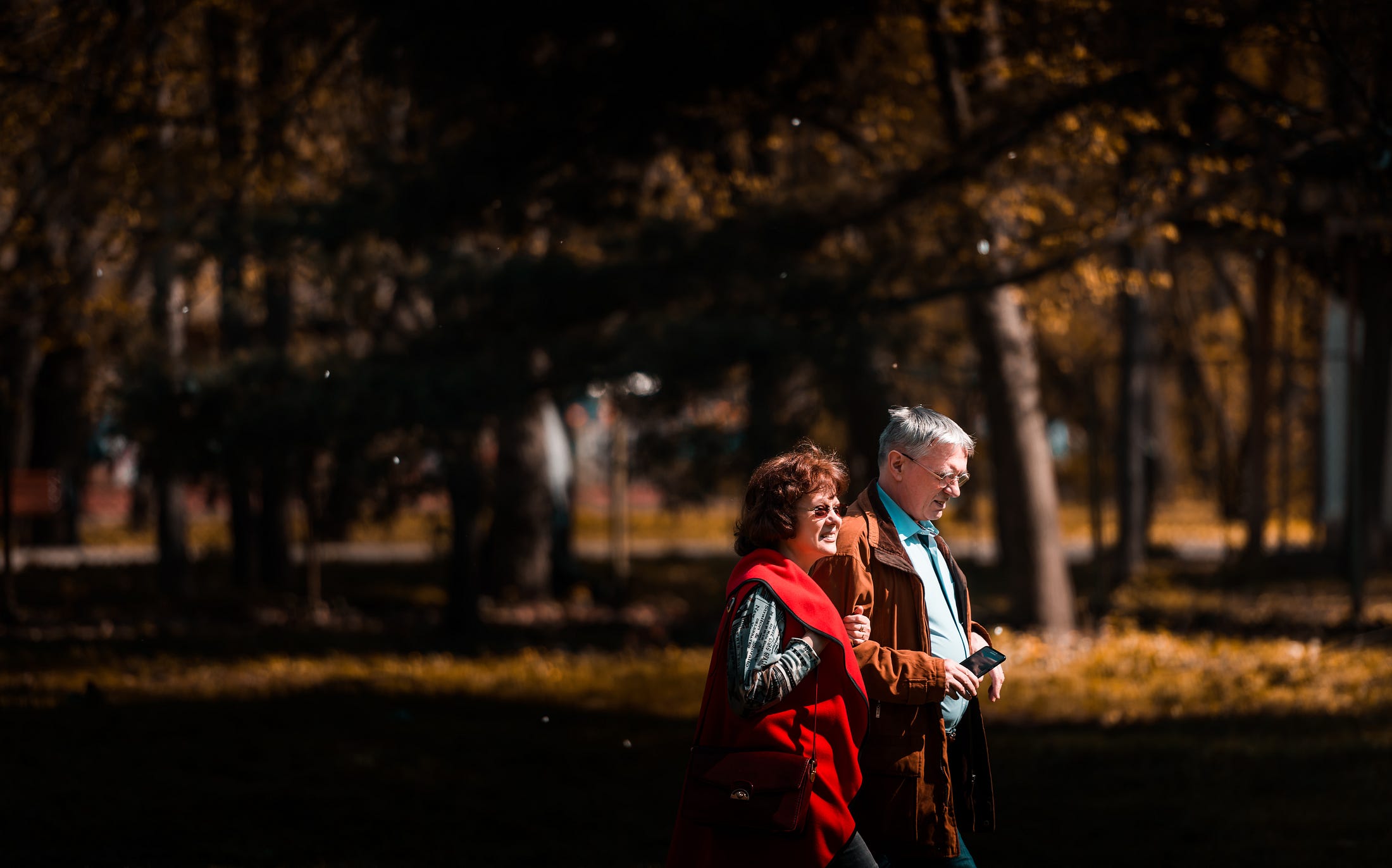Is Physical Activity a Medicine for Older People? What if You aren’t exercising?
Increasing age should not be the reason for limiting physical activities. Physical activity is important to stay fit and healthy, especially as you get older. Why? Increasing risk for other diseases?

Yes, daily physics activities is very important and a remedy for many diseases in older people. If I would have to stay only on my own opinion, I would give hours of lecture on it. But here I have tried to keep it short and full of the best knowledge I could extract from medical books and cited studies.
Here’s we’ll talk about :
- Common Myths.
- What various studies say?
- Why doing exercises is important for an older people?
- What are the health problems seen with no daily physical activities?
- Benefits of Exercises for Elderly
- What kind of exercises and physical activities they should do?
Common Myths
- It is believed by most that Older people are physically weak and frail and so they should not do exercise.
- The human body doesn’t need as much physical activity as it ages. Exercise is no longer appropriate at the old age.
- Exercise is hazardous for older people because they may injure themselves.
- Only vigorous and sustained exercise is of any use.
Other Reasons behind the lack of Physical Exercise
- Some older people may have a preference for sedentary activities, such as reading and socialising.
- The physical fitness marketplace has failed to include and attract older people.
Studies on Exercises and Aging
It is Rightly known to all of us that with increasing age there’s decline in strength, in old age. In 1970s, various studies were done on healthy older people and indicated that strength, stamina, and flexibility drop significantly after 55 years of age.
These decline were once considered as an inevitable consequences of aging. Until in 1994, a study was done and researchers showed that many functional losses could be reversed, even in the frailest and oldest women.
In that study, 100 nursing-home residents, ages 72 to 98, performed resistance exercises three times a week for 10 weeks. At the end of that time, the exercise group could lift significantly more weight, climb more stairs, and walk faster and farther than their sedentary counterparts, who continued to lose strength and muscle mass.
Another 10 year study was done and showed people in their 70s and 80s could become more physically fit, even if they had never exercised before.
Their collective message: If you can move a muscle, you should. It may help you live longer and better.
Why doing exercises is important for an older people
Mostly in midlife, gaining weight begins, putting on 3–4 pounds a year. In 40s, reduction in muscle mass starts, and it is when the extra weight is only fat.
Increasing LDL ( “bad” cholesterol) and fall in HDL ( “good” cholesterol)
⬇️
Stiffening of blood vessels
⬇️
Increasing blood pressure
Increased fat
⬇️
Insulin resistance
⬇️
Raised blood sugar level
⬇️
Type 2 Diabetes Mellitus
Decrease in musculature
⬇️
Weakness and disability, muscles and ligaments become stiff and tight, lose calcium in bone ( women has more risk of osteoporosis <thin bones>)
⬇️
Risk of fracture
Researchers also showed that many of the changes attributed to aging are actually caused in large part by disuse.
"Of all the causes which conspire to render the life of a man short and miserable, none have greater influence than the want of proper exercise." — Dr. William Buchan
Exercise is not the fountain of youth, but it is a good long drink of vitality.
What are the health problems seen with no daily physical activities?
- Reduced muscle mass, strength and physical endurance
- Reduced coordination and balance
- Reduced joint flexibility and mobility
- Reduced cardiovascular and respiratory function
- Reduced bone strength
- Increased body fat levels
- Increased blood pressure
- Increased susceptibility to mood disorders, such as anxiety and depression
- Increased risk of various diseases including cardiovascular disease and stroke.
Benefits of Exercises for Elderly
- Live longer
- Prevent falls
- Reduced risk of stroke or heart attack
- Better bone density
- Prevent or delay diseases
- More confidence and independence
- Reduced risk of developing dementia






No comments: